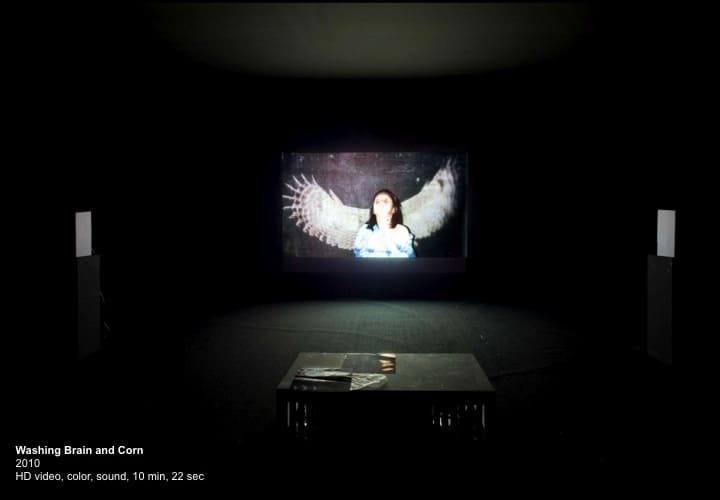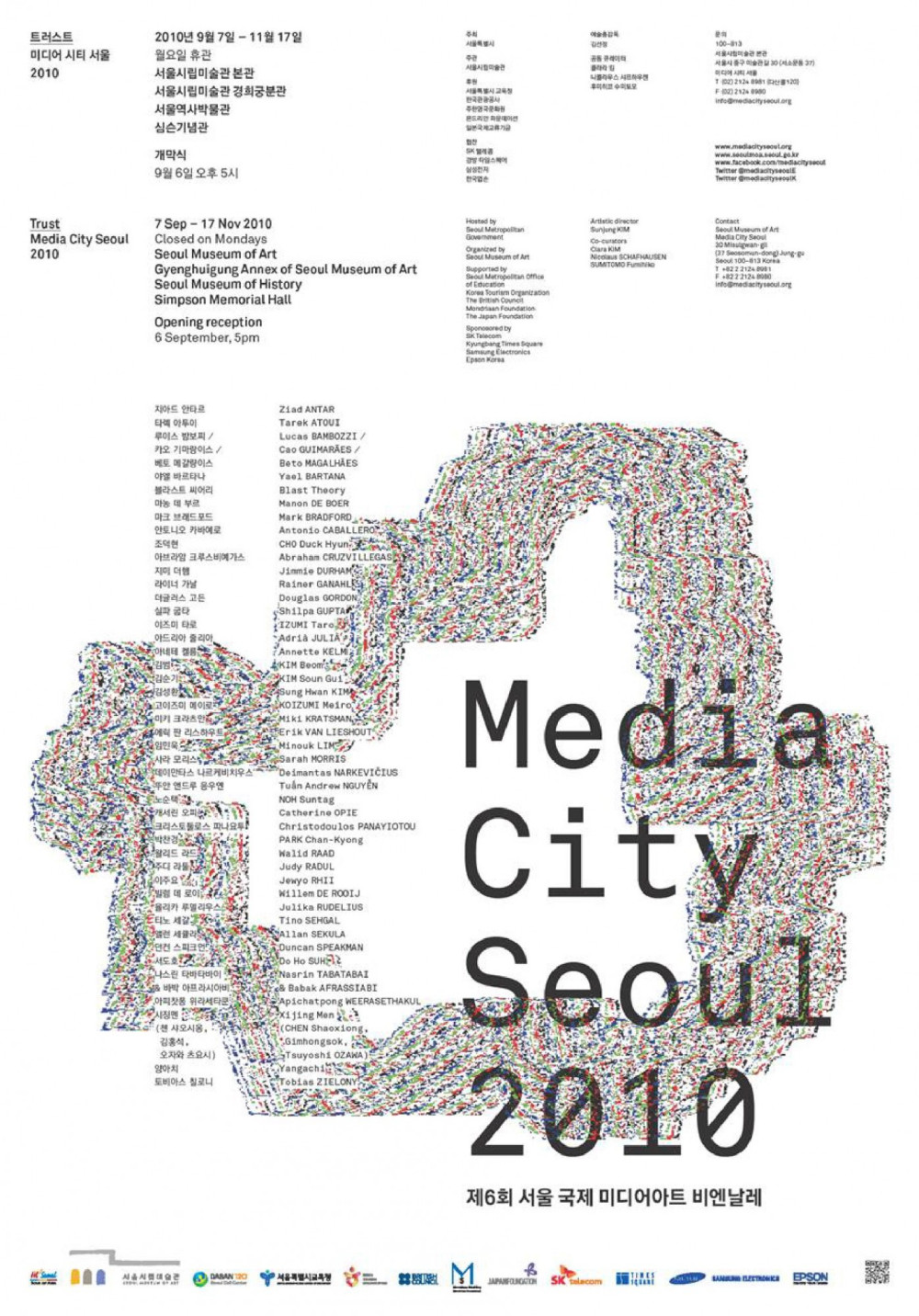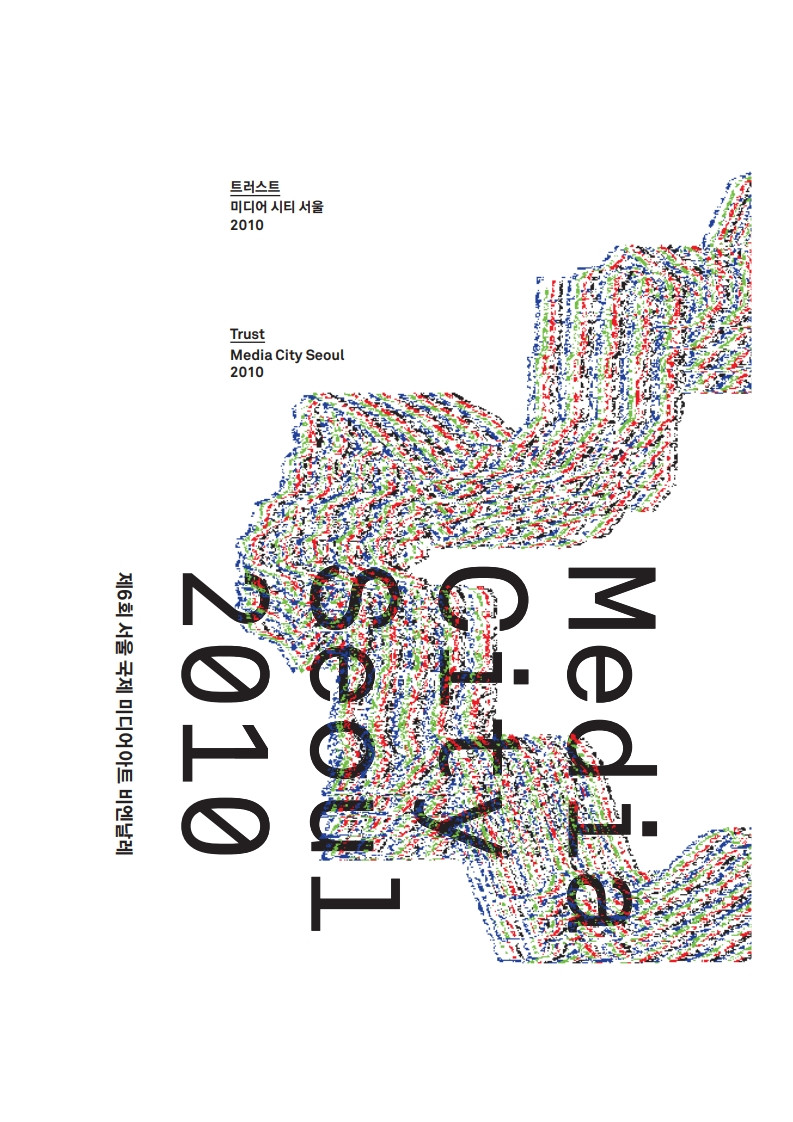
Artist’s note: Washing Brain and Corn
In “Corpse-Washing (Leichen-Wäsche),” Rilke gives an image of two women washing a dead body. They tell stories of a man they did not know. I am inspired by this imagery of a dead body that still generates a story. It led me to think of imagery of brain-washing, or literally washing the brain.
In South Korea, in grade school in the 80s, there were two important yearly competitions that had been instrumental to honing children’s speech. One is ungbyeon, or public speech geared mostly toward boys, and then there was guyeondonghwa, bodily gestural speech and vocal storytelling in one form, which was more popular with girls. Both of these emphasized loud vocal projection, clearly enunciated words, and exaggerated gesture. In the 80s, both forms were used to encourage youngsters to tell stories of propaganda against North Korea and communism in general. I chose one of the most popular subjects used in these speech acts, a story that has become nearly irrelevant now. It is a story from 1968 of a South Korean boy whose mouth was said to be ripped open by North Korean spies for having exposed his antagonism toward communism. The boy’s famous sentence sounds as follows: nan kong san tang ee sil eu yo. The account of this incident is one of the first nonfictional stories involving graphic violence that children were allowed to hear and discuss in the 80s. Although it has the status of almost being folklore to several generations, the story did not quite survive its political context.
I worked with my niece, who is a second-generation Korean-American. She is separated from this story by era, continent, culture, and language. I was interested in the irrelevance that a story could have in another continent and another time. There are the roles of mothers, boys and girls, students, adulthood, wisdom, in the chosen story that interest me as much as common motifs of horror of disembodiment, death, and hunger. For this reason, I juxtaposed the published facts with other imagery and stories taken from different literature.
— Sung Hwan Kim (musical collaboration with dogr)


